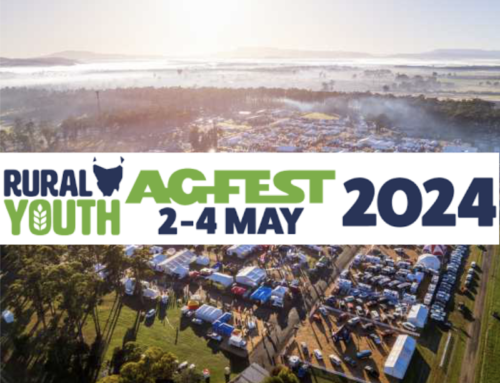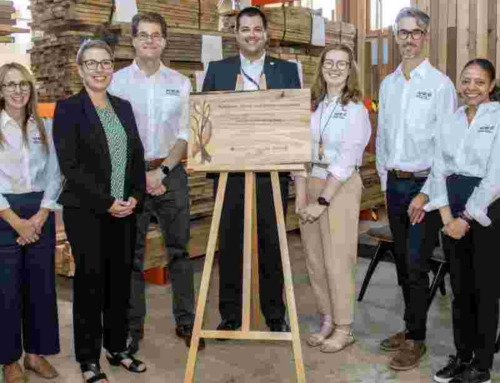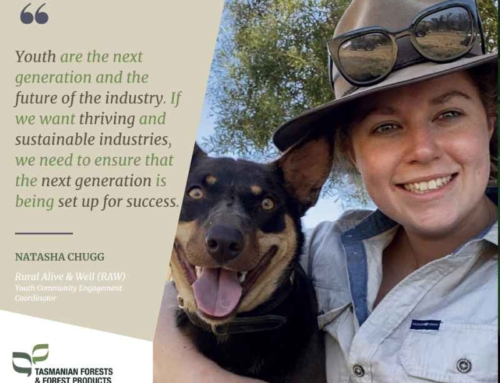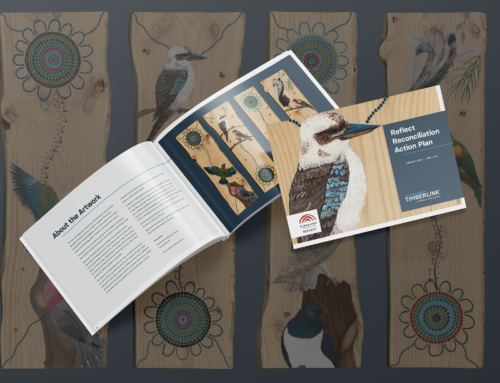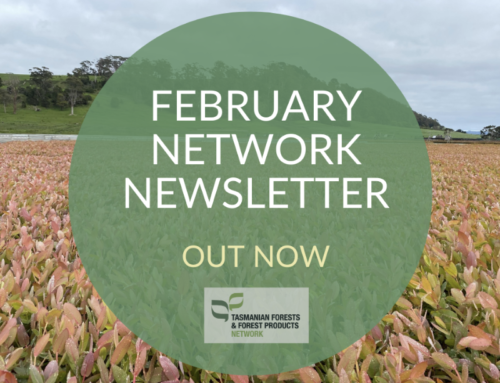The Tasmanian forest industry’s new ‘Agents of Change’
Supplied by Andrew Duncan, Sustainable Timber Tasmania
The Tasmanian cohort began their leadership training with the Australian Rural Leadership Foundation back in February 2019. At the time, many participants were coming to terms with a busy fire season and catching up on routine tasks, however the first week of the program held at sunny (!) Tarraleah made for a welcome distraction.

The program was all about challenging our pre-conceptions with respect to leadership. As a result, information about the program was kept necessarily vague, and though we arrived with open-minds there was a certain amount of trepidation.
A murder-mystery themed dinner; blind tasting a range of smoothies; reflecting on the differences between a rock and shaving cream; playing catch with fifteen people (and balls) all at the same time and speaking gobbledygook at the top of our voices were just some of the unexpected techniques used to get our attention!
Despite the often left field nature of the first week, we left with a greater understanding of what it means to practice ‘leadership’. So, what did we learn?
Well, most importantly we learnt that leadership is not about a title or position, moreover that those in positions of power do not always make great leaders (and vice-versa). In fact, leadership and associated innovation can, and often does, come from all corners of an organisation or industry.
Leaders disrupt and innovate whereas those in positions of authority seek to maintain order whilst implementing new ideas. It follows then, that leadership is about influencing change, and as fledging leaders we were told to consider ourselves ‘Agents of Change’.
Importantly, as leadership is about change, it was stressed that any change must be well managed. People can cope with change (they may even like it); what they don’t like is change for the sake of it. However, change often means loss at some personal level, and we were reminded to engage, listen and give ownership to those impacted wherever possible.
It was a relief for all of us, especially given the investment made by our sponsor and employers, to discover that when it comes to leadership, anybody can do it. There is no single recipe, but the principles can be taught. The key is to be yourself, use the proven tools and methodologies, and remember that leadership comes with experience (so don’t try and fake it).
When asked to describe the character traits of great leaders, we were quick to identify those larger-than-life extroverts we see in the media. Fortunately, whilst presence, charisma and emotional intelligence are certainly useful, it turns out that its often the quiet ones you must look out for. Put simply, good communication and strong relationships go much further than a loud voice or fancy suit!
Finally, and not surprisingly, we were reminded daily that leadership can be bloody hard work! When seeking to make changes its easy to misread a situation and find yourself on the back foot despite the best intentions. Hardest of all is to leave your ego at the door; leadership requires that we be bold rather than reckless, share the success but own the failures, and take the time to reflect when things don’t quite work out.
The themes described above were reinforced during the second week of the program held in Canberra. However, before this, we had some homework to do; it was time to put our new-found skills and understanding to good use! Over the intervening period we worked together to identify an opportunity where we could make real change in the forest industry, eventually hitting on the initiative described below.
In no time at all, we headed to Canberra where we got to meet other program participants from Victoria and Queensland. After another busy week of learning, this time a little more orthodox (!), we arrived on the final day at the ‘business end’ of the program; an opportunity to pitch our ideas to industry heads and politicians.
Well we must have done something right; each of the three groups were awarded seed-funding to put our ideas into practice! Later that evening we attended the Australian Forest Products Association annual dinner at Old Parliament House, getting the opportunity to mingle with a broader audience and expand out proposed initiatives.
Our initiative is to promote a diverse forest industry, through two separate but linked actions – a diversity charter that commits organisations to creating and promoting diversity, and a mentoring network tailored to our industry. You will be hearing more about our initiative in the coming months.
For some, the early flight home from Canberra after the AFPA dinner was a little painful! But we left with new friends and memories, not to mention a few ideas about leadership! Over the coming months we are committed to refining our projects as we seek to implement them and look forward to sharing our journey with the TFFPN over the coming months.
Finally, we would each like to thank those at the ARLF ‘For our Future: Forestry Regional Collaborative Leadership Program’, Forest and Wood Products Australia, our respective employers and families, and apologise to all our friends and colleagues who must be tired of hearing about how much fun we had. Keep calm and start leading!

